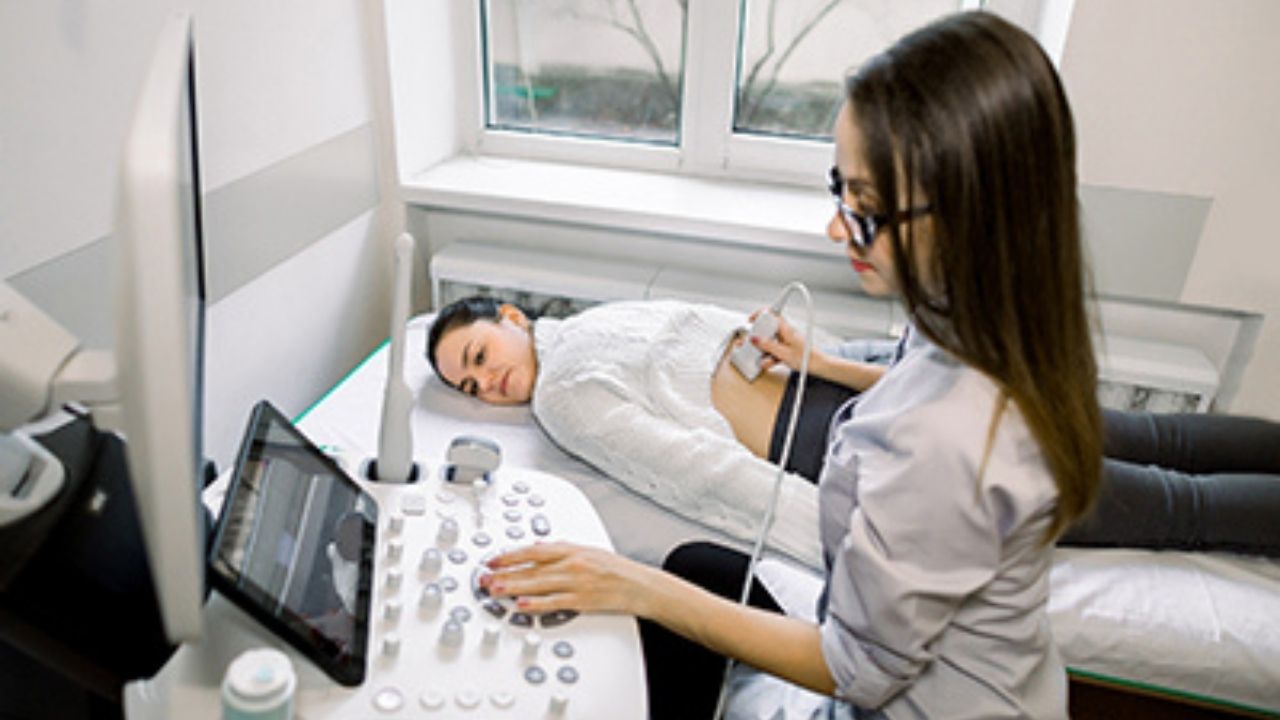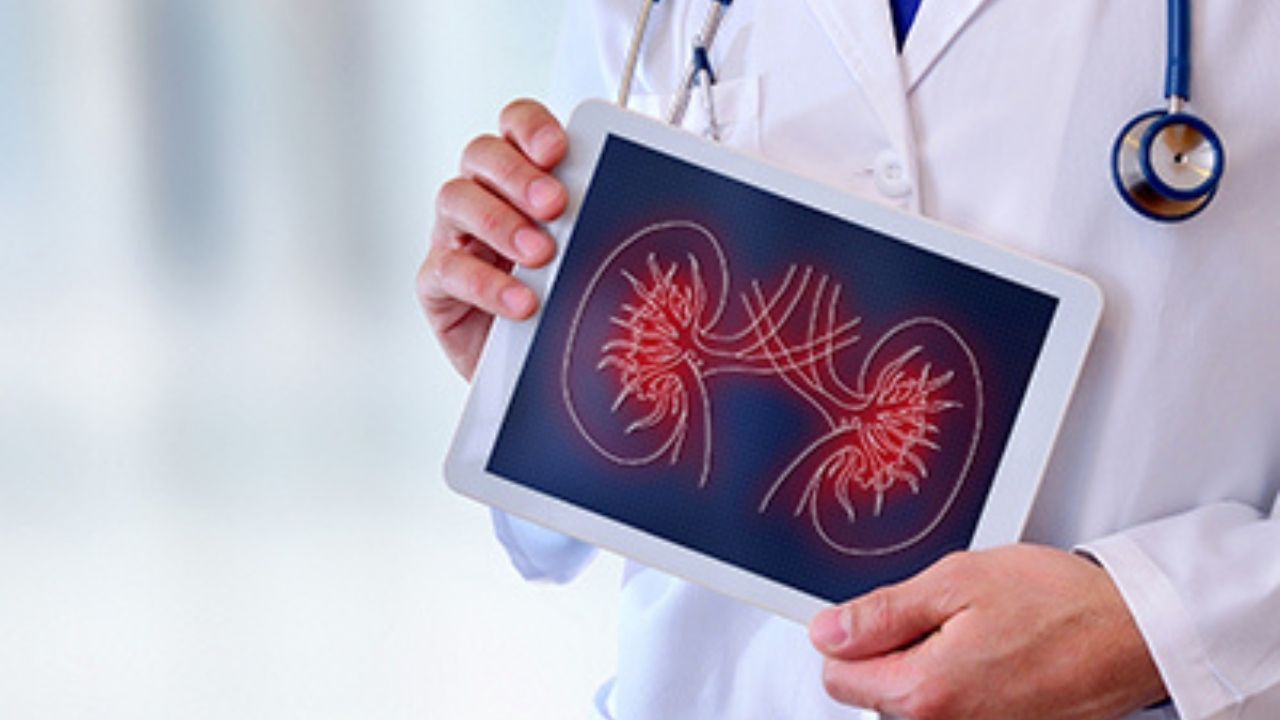
What is pyelonephritis and what types are there?
Acute pyelonephritis is a urinary tract infection that originates in the urinary tract and later goes up to the kidney – up to one or both of them. It is the most serious type of infection that can affect the urinary tract.
The fact that it is a complicated or uncomplicated acute pyelonephritis will be a determining factor in the prognosis, depending on whether there are anatomical or functional alterations of the urinary system or the presence of resistant microorganisms that may influence the response to treatment and determine the evolution of the disease.
For example, it is a complicated acute pyelonephritis if there are kidney stones, cystic kidney disease, some obstruction, anatomical abnormalities, foreign bodies, diabetes, pregnancy or kidney transplantation.
If treated in a timely and correct manner, acute pyelonephritis usually heals without sequelae, but if it runs its course it can become complicated and cause lesions that atrophy the kidney or even lead to septicemia.
Acute kidney infection, therefore, especially when it is not addressed early, especially if there are alterations in the urinary tract, can evolve to chronic, characteristically causing permanent kidney damage and destroying kidney tissues. This situation is called chronic pyelonephritis.
Who is affected?
Acute pyelonephritis in its uncomplicated form mainly affects healthy non-pregnant women with a normal genito-urinary tract. Risk factors for cystitis , such as a sexually active life, a new sexual partner, the use of spermicides, or a family history of urinary tract infection, also predispose to the development of acute pyelonephritis, although only a small percentage of cases cystitis progress to the upper urinary tract. It should be noted that, with age, the prevalence of this infection also increases in men.
According to data published by the journal Nefrología al día , it is estimated that the incidence of acute pyelonephritis in its uncomplicated form in the world is 10.5 to 25 million cases annually.
What Causes Kidney Infection?
Typically, pyelonephritis occurs because microorganisms in the anus or vagina spread to the urethra, bladder, or ureter and travel up to the kidney. The bacterium Escherichia coli – responsible for cystitis – is usually the infectious agent involved in most cases. Exceptionally, it can be caused by fungi or viruses.
Although it happens rarely, bacteria that cause infections in other parts of the body can also reach the kidneys through the bloodstream and cause an infection there.
Which are the risk factors for developing pyelonephritis?
The kidney stones, which can cause obstructions in the urinary tract, anatomic alterations in these, carry a bladder catheter or surgery that has affected the urinary tract or have an enlarged prostate can also cause varying degrees of obstruction and therefore, favor the appearance of kidney infections. In the elderly, it can be the result of deteriorating general condition or urinary incontinence problems.
Also, having a weak immune system or suffering from recurrent cystitis are risk factors for pyelonephritis. In addition, diabetic women have a higher risk of suffering from it -although men do not- and the pregnancy entails greater likelihood of pyelonephritis during the last quarter.
In children, the risk is higher with vesico-ureteral reflux, a disorder that causes part of the urine flow to back up from the bladder to the ureters and kidneys.
Other people have lesions in the nerves that surround the bladder, which reduces their sensitivity to detect infections of the lower urinary tract, making them more prone to kidney infections because they cannot be detected early. This is the case of frail older people and others especially affected by this circumstance, such as people with paraplegia, who also tend to carry catheters or other medical devices in the urinary tract, due to which they frequently suffer infections and hospitalizations.
What symptoms do you have?
The most common symptoms of pyelonephritis are fever, low back pain, malaise, vomiting, nausea, and chills. The patient may also present the symptoms of other infections – cystitis , urethritis or prostatitis-, which could have caused the kidney infection. In this case, there may be, for example, more desire to urinate -sometimes urgently-, itching and stinging when doing so, blood in the urine, whitish or purulent-looking urine, etc.

Although it is usually more common in complicated forms of the disease, pyelonephritis can progress to bacteremia – the presence of bacteria in the bloodstream – severe sepsis, and septic shock.
If pyelonephritis occurs in pregnancy, it can cause the baby to have a low birth weight. If it becomes chronic, as we have discussed, it can permanently damage the kidneys.
In some specific population groups, for example, in the elderly, the symptoms may not be as clear and manifest as diffuse abdominal pain, drowsiness, general impairment or fever without a clear clinical origin.
How is pyelonephritis treated?
Treatment consists of resting, ingesting fluids in adequate amounts to facilitate the elimination of bacteria through the urine, relieving fever and pain with analgesics and antipyretics, and early administration of antibiotics. The choice of one or the other and the route of administration – intravenous, oral or both consecutively – will depend on the type of germ that caused the infection, its location, the age of the patient and their clinical situation, among other factors.
In severe cases, complicated pyelonephritis, or resistance to initial antibiotic treatment , it may be necessary to resort to hospital admission. If it is chronic pyelonephritis, a complete evaluation is necessary, since a surgical intervention may be required to correct possible anatomical abnormalities and, thus, possible new infections.
Tips to prevent kidney infections
Some common tips to prevent lower urinary tract infections, such as cystitis, can be followed:
- Drink adequate amounts of liquid.
Helps eliminate germs in urine. It better be water.
- Go urinate when you feel like it.
It is not advisable to delay urination.
- Empty your bladder just after having sex.
This makes it easier to get rid of germs.
- Perform careful hygiene after going to the bathroom.
Always wipe from front to back. This helps prevent germs from the anogenital area from getting into the urethra.
- Avoid certain intimate hygiene products.
Genital washes or deodorant sprays can irritate the genital area.
- Preferably wear cotton underwear.
This facilitates perspiration in the area and prevents moisture retention.
